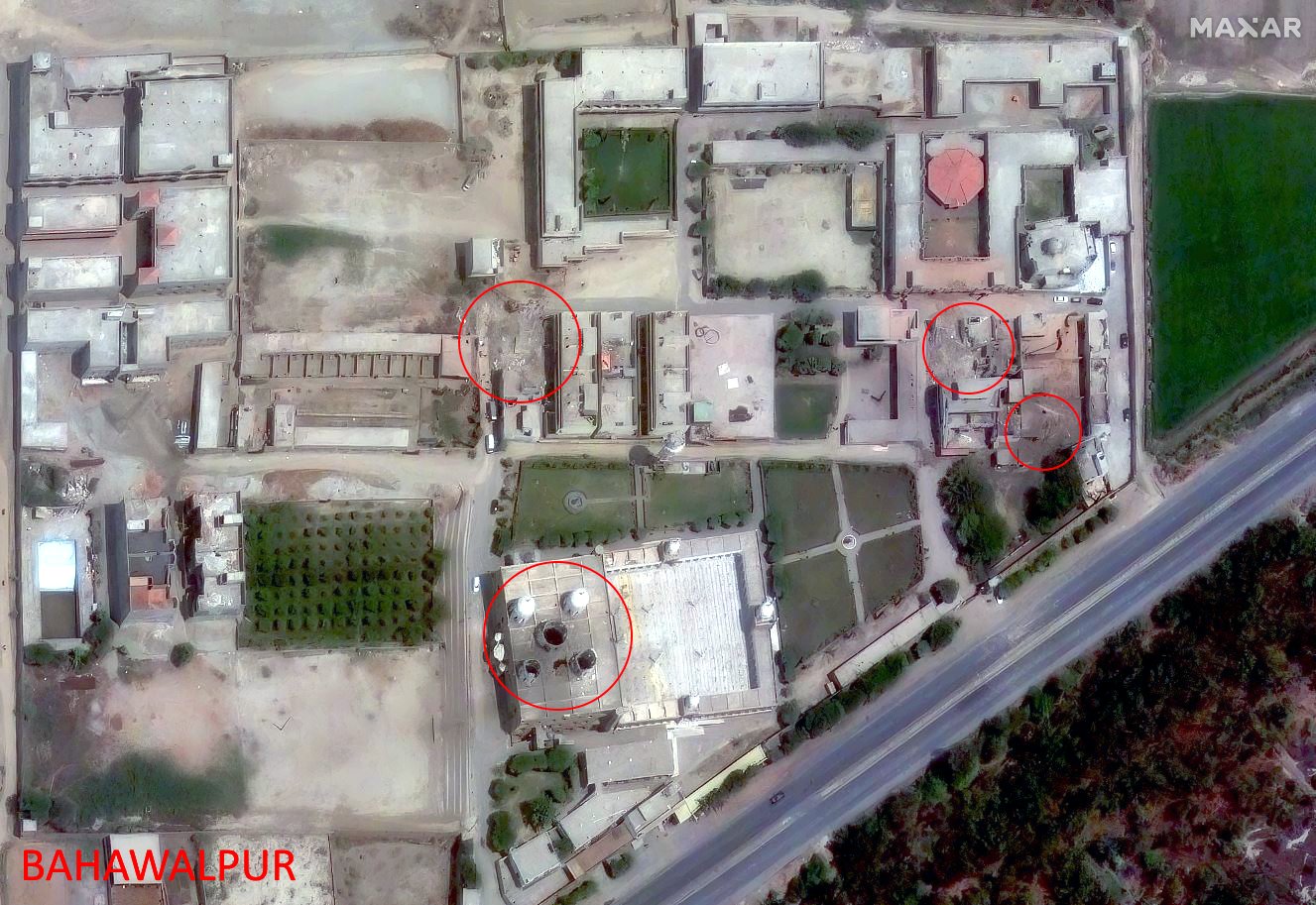
Dear reader, Bengali cinema will soon be celebrating the life of Nagendra Prasad Sarbadhikari, better known as the ‘father of Indian football’, in the form of the film ‘Golondaaj’ to be released later this year. Sarbadhikari is considered to be the one to have popularised football in the country, as he developed a string of football clubs in Calcutta and also played a leading role in the creation of the Indian Football Association (IFA) in 1892. Most of the football matches in Calcutta back in the 19th century involved British soldiers, tradesmen and sailors. In this story, Deeptesh Sen looks at how with the arrival of Sarbadhikari in the scene, football not only opened up to Indians, but also cut across caste lines. He challenged the upper caste hegemony in the game when he founded the Sovabazar Club in 1887 and inducted Moni Das, a potter’s son, as its first member. Sen’s story also looks at the crucial role played by Sarbadhikari in turning football into a crucial instrument of anti-colonial cultural resistance in Bengal at the time. Racism during WWI A recent report released by the Commonwealth War Graves Commission (CWGC) reveals that an estimated 45,000 to 54,000 casualties of the First World War, predominantly Indian, East African, Egyptian and Somali personnel were commemorated unequally. A further 116,000, which could potentially go up to 350,000, were either not commemorated by name or not commemorated at all. Underlying these decisions were entrenched racist prejudices against the large number of colonial soldiers who played a vital role in the war. The Indian army alone had contributed approximately 1.2 million men to the war. The way in which they were recruited and their personal accounts from the battlefields provide interesting insight into how racist attitudes prevalent in Europe of the 20th century had seeped into the war. In this story, we dug into several historical narratives and first hand accounts of soldiers to make sense of the racism faced by Indian soldiers in the theatres of the World War I. Kucini Tales- The Armenian connection with Potoler Dolma Fourth episode of our flash fiction series on creole food is the story of the popular Bengali delicacy, Potoler Dolma (stuffed bottle gourd), Pondicherry’s podulangai farci (stuffed snake gourd), and Melaka’s Inchimintu (stuffed bitter gourd). In each of these three port cities, stuffing as a technique was something that the mercantile and mobile Armenian community appears to have inspired. Ari Gautier and Ananya Jahanara Kabir’s fictional piece is based on the historical journey taken by the dolma (an Armenian dish of stuffed vine leaves) to the different parts of the world where the community traveled and the new forms it took in the course. The lead protagonist of their story is Gauhar Jan, the first Indian singer to be recorded. She was of Armenian and Anglo-Indian parentage and lived in Calcutta. Streetwise Kolkata- Hatibagan For Streetwise Kolkata this week, Neha Banka tells us the story of Hatibagan. Hatibagan is among the city’s largest marketplaces. In addition, it has the highest density of single screen cinemas in the city, a number that is fast depleting with the rise of multiplexes and the turn to streaming platforms. Banka’s story looks at how this neighbourhood got its name from being the place where Nawab Siraj-Ud-Daulah kept his war elephants, and how it developed into the vibrant marketplace it is today. Wish you a pleasant and safe weekend ahead. Sincerely, Adrija Roychowdhury | 
No comments:
Post a Comment